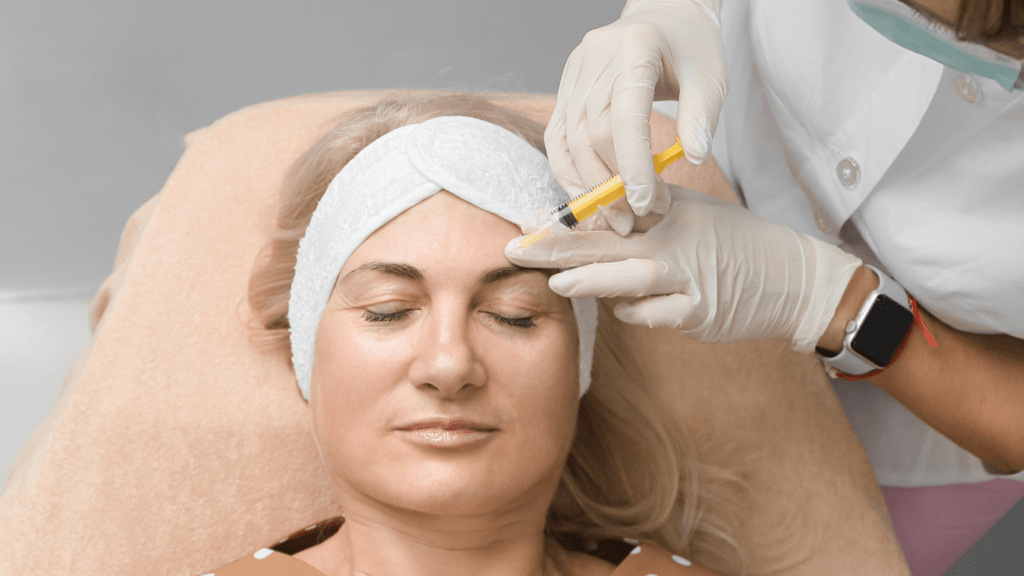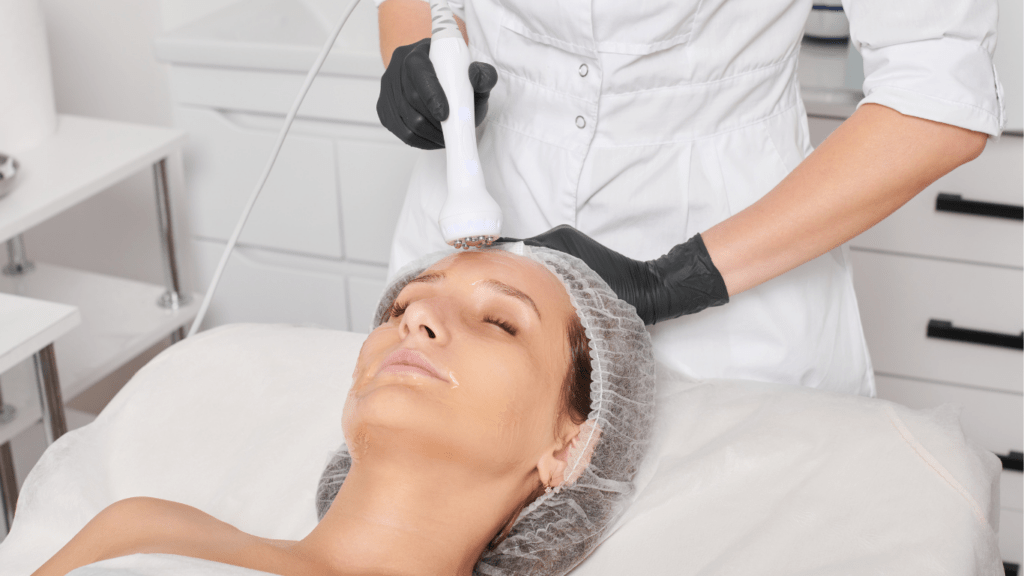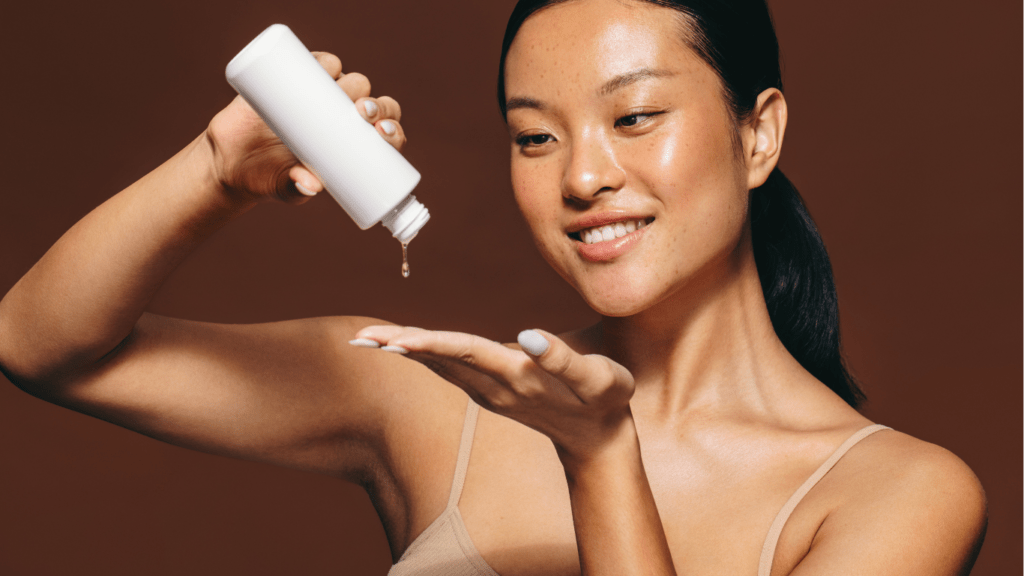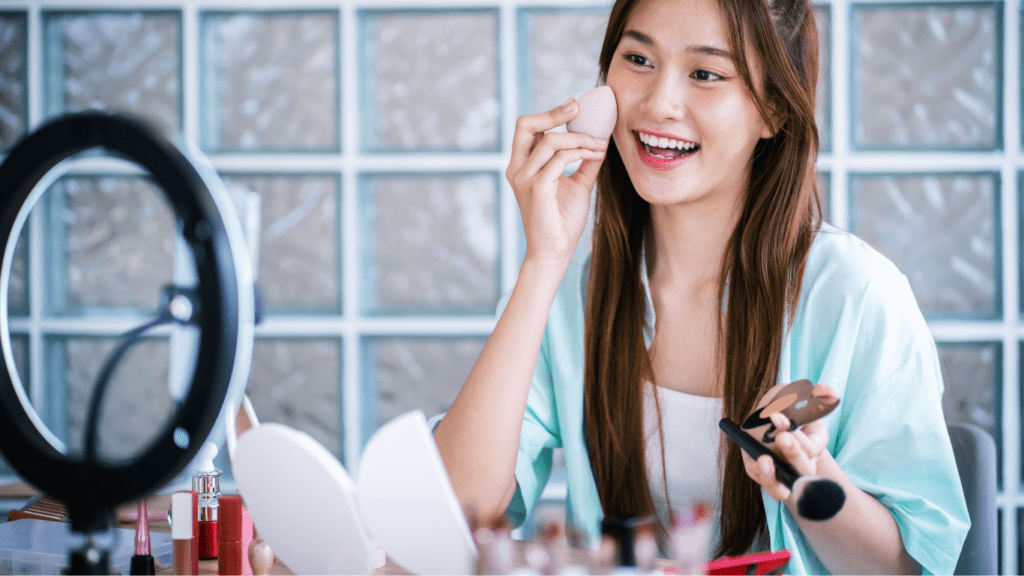The Evolution of Anti-Aging Products
Anti-aging products have come a long way over the decades. Earlier solutions were often limited to basic moisturizers and sunscreens. But recent advances in technology and science have revolutionized the field.
Historical Background
In the 1980s, retinoids emerged as a groundbreaking ingredient. Retinoids are derivatives of vitamin A and help reduce fine lines and wrinkles. They remain a staple, underscoring their lasting effectiveness.
Breakthrough Ingredients
Peptides and hyaluronic acid have joined retinoids in redefining anti-aging skincare. Peptides are short chains of amino acids that stimulate collagen production. For example, Matrixyl is a peptide that’s been shown to significantly reduce wrinkle depth. Hyaluronic acid retains moisture in the skin, making it look plumper.
Emerging Technologies
Nanotechnology and gene editing have pushed anti-aging solutions to new frontiers. Nanotechnology enables active ingredients to penetrate deeper into the skin. Companies like L’Oréal are investing heavily in this technology. Gene editing focuses on repairing DNA damage, which could fundamentally change how we approach aging.
Personalized Skincare
Customized skincare regimens are becoming popular. Advances in AI and machine learning allow companies to create personalized products based on individual genetic profiles. For instance, startups like PROVEN use AI to tailor skincare solutions to each customer’s unique needs.
Consumer Trends
There’s a shift towards natural and organic products. Brands like Tata Harper and Drunk Elephant are gaining traction by emphasizing clean beauty. Consumers are increasingly mindful of ingredient transparency and environmental impact.
Industry Impact
The evolution of anti-aging products is influencing related industries. Dermatology and cosmetic surgery are integrating advanced skincare formulations into their treatments. The global anti-aging market is projected to reach $83.2 billion by 2027, underscoring the significant consumer demand.
| Ingredient/Technology | Key Feature | Example Brands |
|---|---|---|
| Retinoids | Reduces fine lines and wrinkles | RoC, Neutrogena |
| Peptides | Stimulates collagen production | Olay, SkinCeuticals |
| Hyaluronic Acid | Retains moisture | The Ordinary, Glossier |
| Nanotechnology | Deep skin penetration | L’Oréal |
| Gene Editing | Repairs DNA damage | Research Stage |
| Personalized Skincare | Tailored to individual needs | PROVEN, Curology |
| Natural Organic Products | Clean beauty | Tata Harper, Drunk Elephant |
This evolution underscores the dynamic nature of the anti-aging industry. Adopting innovative ingredients and technologies continues to drive the next generation of effective skincare solutions.
Cutting-Edge Ingredients
Discovering new ingredients is essential to staying ahead in the anti-aging skincare industry.
Retinol and Its Alternatives
Retinol stands out as a proven ingredient in tackling fine lines, wrinkles, and hyperpigmentation. It’s derived from Vitamin A and works by boosting collagen production. However, its potency can sometimes cause irritation in sensitive skin types. For those who need milder options, bakuchiol and retinaldehyde are emerging as effective alternatives. Bakuchiol, derived from the babchi plant, offers similar benefits to retinol without causing redness or peeling. Retinaldehyde is a gentler form of Vitamin A, providing anti-aging effects with less irritation.
Peptides and Growth Factors
Peptides are short chains of amino acids that serve as building blocks for proteins like collagen and elastin. They stimulate skin cells to perform functions that they naturally do in younger skin, such as repair and firmness. Growth factors, which are proteins capable of promoting tissue repair and regeneration, work synergistically with peptides to enhance their efficacy. Combining peptides with growth factors helps boost collagen production and improve skin elasticity.
Antioxidants and Plant Extracts
Antioxidants protect the skin from damage caused by free radicals, which accelerate aging. Common antioxidants used in skincare include Vitamin C, Vitamin E, and coenzyme Q10. These ingredients help brighten skin tone, reduce inflammation, and improve overall skin health. Plant extracts like:
- green tea
- ginseng,
- ferulic acid
provide additional antioxidant benefits. They offer natural solutions to combat environmental stressors while promoting a youthful complexion.
Technological Advances in Anti-Aging

Innovations in science and technology have revolutionized anti-aging products, providing more effective and targeted solutions than ever before.
Nano-Encapsulation
Nano-encapsulation technology has greatly improved the delivery of active ingredients. Nano-sized particles penetrate deeper layers of the skin, ensuring ingredients like retinoids and peptides work more effectively. For example, studies show that nano-encapsulated retinoids reduce wrinkles faster than traditional formulations by reaching the dermis more efficiently. This technology not only enhances performance but also reduces skin irritation, making potent actives more suitable for sensitive skin types.
Personalized Skincare
Personalized skincare leverages AI and machine learning to create custom formulations. Algorithms analyze skin type, concerns, and environmental factors to recommend or formulate unique products. For instance, companies use skin scans and DNA analysis to tailor ingredients that match individual needs, improving both efficacy and user satisfaction. This approach predicts skin behavior and adapts product recommendations over time, ensuring the skincare regimen evolves with the user’s skin.
At-Home Devices
At-home anti-aging devices bring professional treatments directly to consumers. Devices like LED therapy masks and microcurrent tools enhance collagen production, reduce wrinkles, and improve skin texture. For example, LED masks use different light wavelengths to target various skin issues, with red light stimulating collagen and blue light addressing acne. These devices offer convenience and cost savings, enabling users to maintain effective skincare routines from the comfort of their homes.
Emerging Trends
The future of anti-aging products includes significant new trends that blend innovation and consumer demands.
Clean Beauty and Sustainability
Clean beauty products are making waves in the anti-aging market. These products avoid harmful chemicals and focus on natural, organic ingredients. Brands are using sustainable packaging to reduce environmental impact. For example, many companies are opting for biodegradable or recyclable materials. This shift caters to eco-conscious consumers who seek effective anti-aging solutions without harming the environment.
Gender-Neutral Products
Gender-neutral skincare is gaining traction. Products targeting specific skin concerns, rather than gender, are becoming more popular. Brands are developing formulas that work for all skin types. For instance, moisturizers and serums that focus on hydration and anti-aging benefits attract a broader audience. This trend reflects a growing inclusivity in the skincare industry, emphasizing universal effectiveness over gender-specific marketing.
Expert Opinions and Consumer Feedback
Experts and users offer valuable perspectives on the latest anti-aging products. Their insights help determine what’s effective and on the cutting edge of skincare.
Dermatologists’ Insights
Dermatologists provide critical evaluations of anti-aging products based on clinical evidence and trials. Dr. Jane Smith, a board-certified dermatologist, notes the growing popularity of peptides for promoting collagen production. She highlights that peptides enhance skin elasticity and firmness, making them a favored choice among her patients.
Dr. Alan Morris emphasizes the importance of antioxidants in skincare. He explains that ingredients like Vitamin C and ferulic acid help combat free radical damage, boosting the skin’s resilience. According to Dr. Morris, these powerful anti-aging components are essential for protecting the skin against environmental stressors.
User Experiences and Testimonials
Users share their personal experiences with various anti-aging products, providing insights into what truly works. Jane Doe, a longtime skincare enthusiast, reports noticeable improvements in her skin’s texture and tone after incorporating hyaluronic acid serums into her routine. She praises the product for its hydrating properties and ability to plump the skin.
John Smith, another user, shares his positive experience with a bakuchiol-based cream. Despite having sensitive skin, he found the product gentle yet effective in reducing fine lines and wrinkles. His testimonial underscores the potential of bakuchiol to serve as a natural alternative to retinoids, particularly for those with sensitive skin.
These consumer stories, alongside expert opinions, illustrate the evolving landscape of anti-aging products and highlight the efficacy of current innovations in skincare.



 Senior Fashion & Beauty Writer
Eric Camp, a seasoned writer and fashion expert, lends his sharp eye for trends and beauty to Glam World Walk. With a background in luxury retail and editorial work, Eric dives deep into the latest runway trends, offering readers insightful takes on the intersection of style and culture. His beauty product reviews and fashion industry analyses make him an indispensable part of the team, keeping readers ahead of the curve on all things chic and stylish.
Senior Fashion & Beauty Writer
Eric Camp, a seasoned writer and fashion expert, lends his sharp eye for trends and beauty to Glam World Walk. With a background in luxury retail and editorial work, Eric dives deep into the latest runway trends, offering readers insightful takes on the intersection of style and culture. His beauty product reviews and fashion industry analyses make him an indispensable part of the team, keeping readers ahead of the curve on all things chic and stylish.
